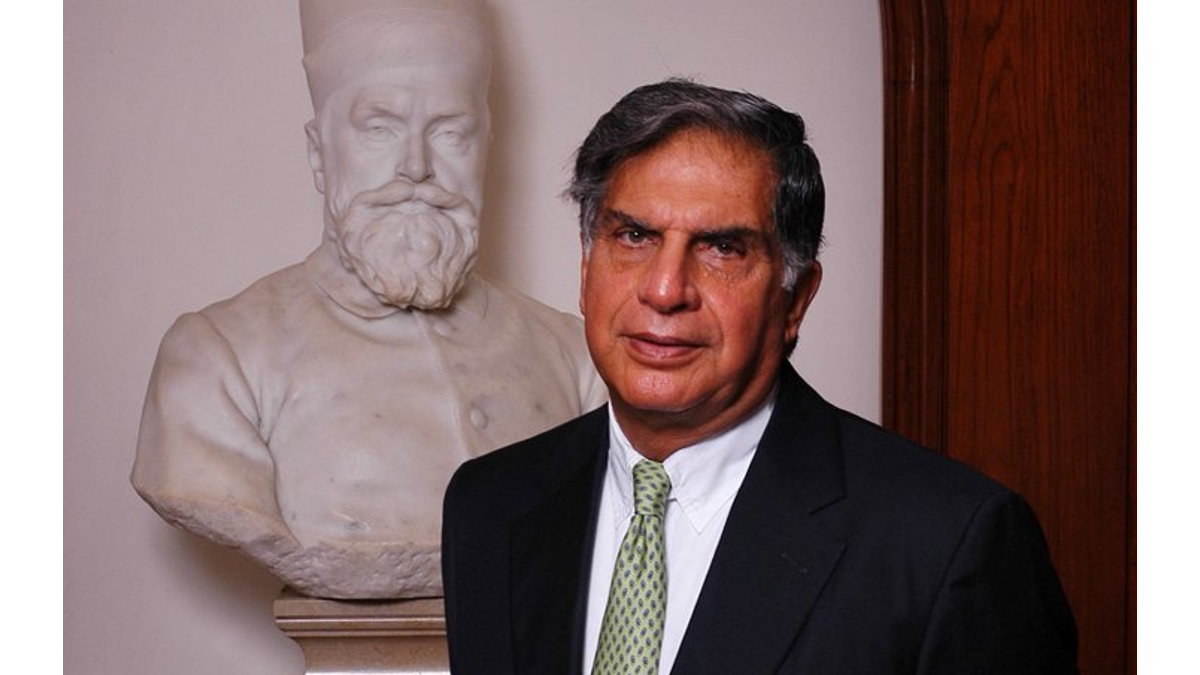
How Ratan Tata put Indian industry on the global map
Ratan Naval Tata, who passed away at the age of 86, was not merely a business leader; he was a transformative figure whose vision reshaped the Tata Group and propelled Indian industry onto the global stage. His journey began in 1962 when he joined the Tata Group, starting on the shop floor. Over the decades, he ascended to the position of chairman, taking over from J.R.D. Tata in 1991, and guided the conglomerate through significant growth and diversification. Under Ratan Tata's stewardship, the Tata Group evolved into a global powerhouse, encompassing 30 companies across various sectors from steel and automobiles to information technology and hospitality.
His commitment to quality and excellence led to the group’s expansion into international markets, with operations now spanning over 100 countries. The 2000s marked a pivotal era for the Tata Group, characterized by strategic acquisitions that not only enhanced its portfolio but also established India as a key player in global industries. The acquisition of British tea company Tetley in 2000 for $431.3 million was a bold move that set the tone for future endeavors. Tata Steel's acquisition of Anglo- Dutch steelmaker Corus for $12 billion was particularly groundbreaking, positioning Tata Steel among the world’s largest steel producers. Despite initial skepticism regarding the price paid, Tata’s confidence in the strategic value of the acquisition proved prescient, ultimately affirming his vision for the company’s future. Ratan Tata’s impact extended beyond steel. His leadership saw Tata Motors acquire the British luxury car brands Jaguar and Land Rover from Ford for $2.3 billion in 2008. This bold maneuver not only diversified Tata Motors' portfolio but also demonstrated that Indian manufacturers could compete at the highest levels in the global market.
Tata’s tenure also witnessed significant developments within Tata Consultancy Services (TCS), the group’s IT firm. Under his guidance, TCS became the largest IT firm in India, contributing significantly to the group’s revenues. In FY24, Tata Sons received nearly Rs 24,000 crore in dividends from its listed companies, with TCS accounting for a substantial portion. Ratan Tata’s leadership style was marked by an unwavering commitment to integrity, innovation, and social responsibility. He was not just focused on profits; he believed in creating a lasting impact on society. This ethos is evident in the numerous philanthropic initiatives the Tata Group has undertaken, often addressing pressing social issues while maintaining a strong corporate identity. His ascent to leadership came at a crucial time for India, coinciding with the country’s economic liberalization in the early 1990s. Tata embraced the opportunities that arose from this paradigm shift, transforming the Tata Group into a global competitor while remaining grounded in the values established by his predecessors.
Despite initial doubts about his suitability for leadership, Ratan Tata proved the naysayers wrong, redefining the group for the better. His tenure saw the Tata Group's revenue soar to over $165 billion in 2023-24, employing more than a million people worldwide. In reflecting on Ratan Tata’s legacy, it is clear that his contributions extend far beyond the boardroom. He not only transformed the Tata Group into a global titan but also set a benchmark for Indian businesses striving for excellence and integrity. As we honor his memory, we recognize that Ratan Tata's vision and leadership will continue to inspire future generations of entrepreneurs and leaders in India and beyond.
 English daily published in Bengaluru & Doha
English daily published in Bengaluru & Doha






